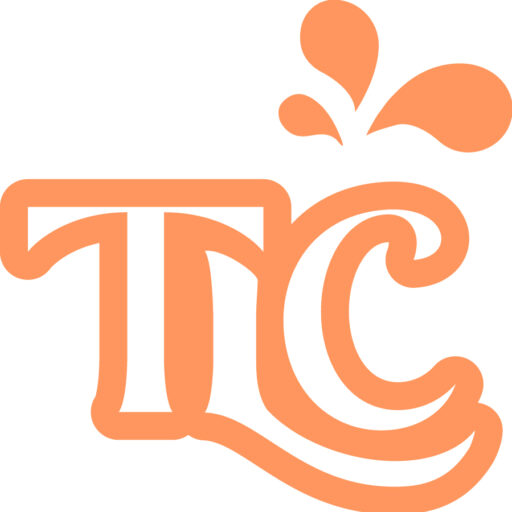Breastfeeding with HSV-1
Herpes Simplex Virus type 1 (HSV-1) primarily causes oral herpes, known for cold sores or fever blisters around the mouth. However, it can also cause genital herpes through oral-genital contact.
Can I breastfeed if I have HSV-1?
Yes, you can breastfeed if you have HSV-1, but with certain precautions. The primary concern is to prevent spreading the virus to your baby. HSV-1 is transmitted through direct contact with an infected area, not through breast milk. However, if you have an active cold sore or lesion on your breast, you should take steps to avoid transmitting the virus to your baby.
Here are some precautions:
- Avoid direct contact: Do not kiss your baby or let your baby's skin come into contact with cold sores or blisters.
- Cover lesions: If you have a sore on your breast, cover it with a dressing that your healthcare provider recommends. If the sore is on an area that would come into contact with your baby's skin during breastfeeding, you should express your milk to maintain supply and feed it to your baby with a clean bottle or cup until the lesion heals.
- Hand hygiene: Wash your hands thoroughly with soap and water before and after touching your baby, your breasts, or any breast pump equipment.
- Active lesions: Avoid breastfeeding from the side with open sores or blisters. You should express that side using your pump or hand expression and discard the milk until the lesions have healed
What if I have a cold sore?
If you have a cold sore on your mouth or face, you can still breastfeed, but you should be extra cautious not to allow the sore to come into contact with your baby. Use a mask or cover the sore while breastfeeding to prevent spreading the virus. Also, follow strict hand hygiene practices.
When should I seek medical advice?
You should seek medical advice in the following situations:
- If you notice any signs of HSV infection on your baby, such as blisters, fever, or lethargy.
- If you have an active lesion on your breast, to get advice on how to manage breastfeeding.
- If you or your baby are showing symptoms for the first time or the symptoms are severe.
Can HSV-1 affect my baby?
Newborns are at a higher risk of developing severe complications from HSV-1 because their immune systems are not fully developed. You should take preventive measures to protect your baby from getting infected. Transmission from mother to baby during breastfeeding is rare, but the virus can be transmitted through direct contact with sores.
Breastfeeding-related issues
Mamas with HSV-1 might also be concerned about other infections or conditions that could affect breastfeeding, such as mastitis or thrush. Maintaining good breast hygiene and following your healthcare provider's advice are key to managing these conditions without impacting your breastfeeding journey.
Breastfeeding with HSV-1 can be challenging, but with the right precautions, you can continue to provide your baby with the benefits of breast milk. Always consult with healthcare professionals, such as IBCLCs, for personalized advice and support tailored to your situation. Remember, taking care of yourself is also taking care of your baby.
Sources
- https://www.cdc.gov/breastfeeding/breastfeeding-special-circumstances/maternal-or-infant-illnesses/herpes.html#:~:text=A mother may breastfeed her,of herpes to her infant.
- https://pubmed.ncbi.nlm.nih.gov/30840531/
- https://www.verywellhealth.com/breastfeeding-and-herpes-49580#citation-6
- https://publications.aap.org/pediatrics/article/129/3/e827/31785/Breastfeeding-and-the-Use-of-Human-Milk?autologincheck=redirected > Contraindications to Breastfeeding

Laura Franchow
RN, BSN, IBCLC, CEIM
NICU nurse since 2016, lactation specialty since 2020.
Medical Advice Disclaimer
This page should be used for general informational purposes only. Not intended to diagnose or treat any condition, illness, or disease. Read the full disclosures and disclaimers.

